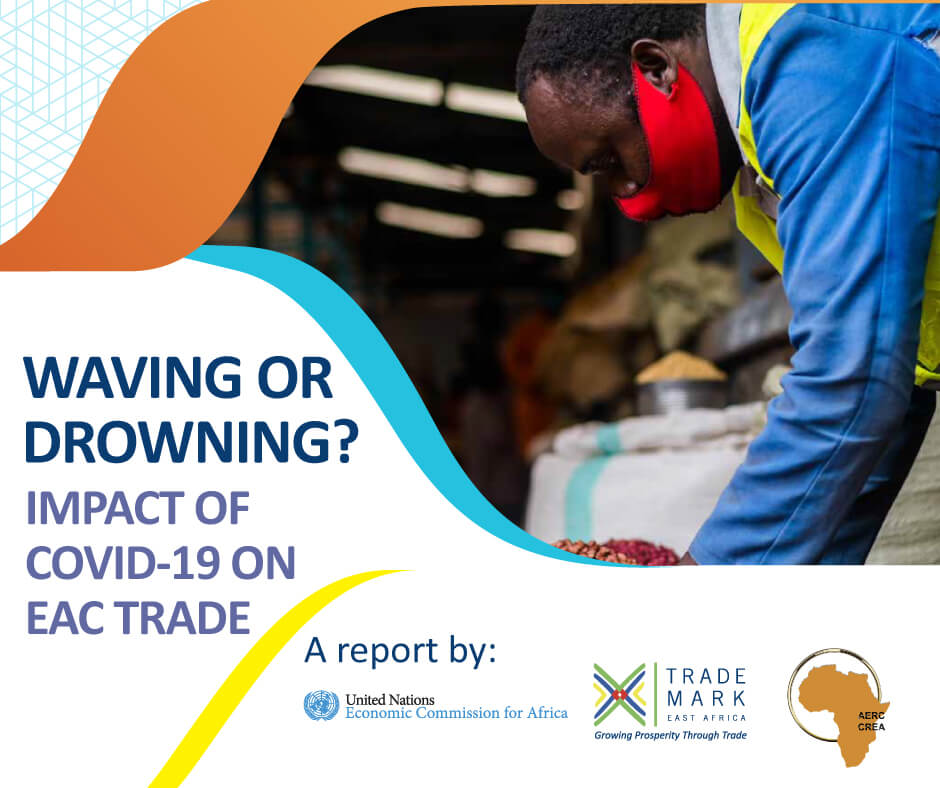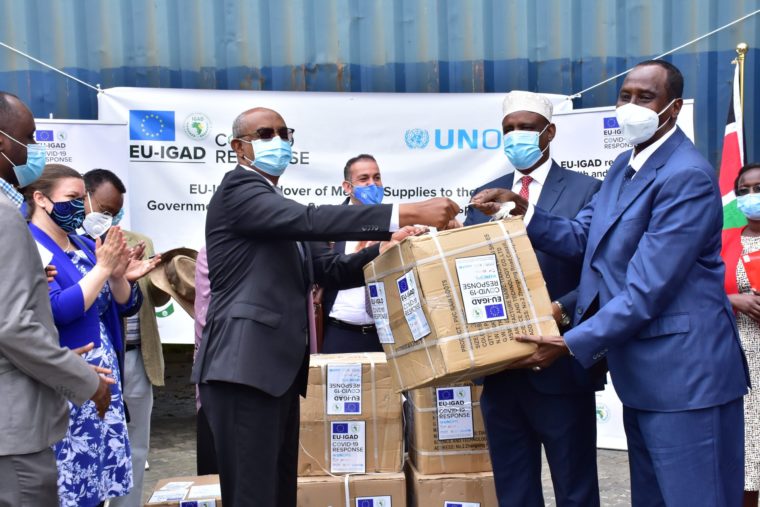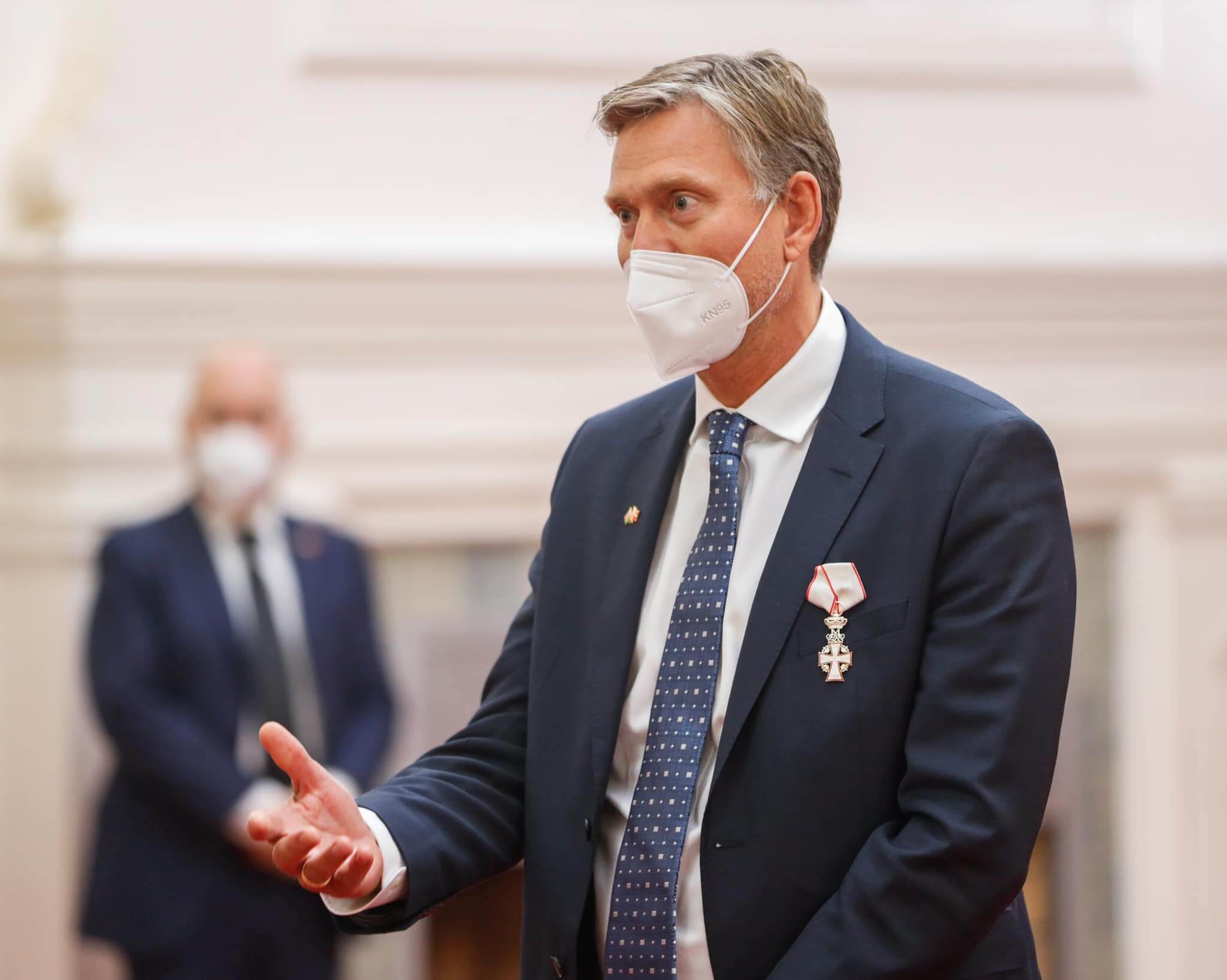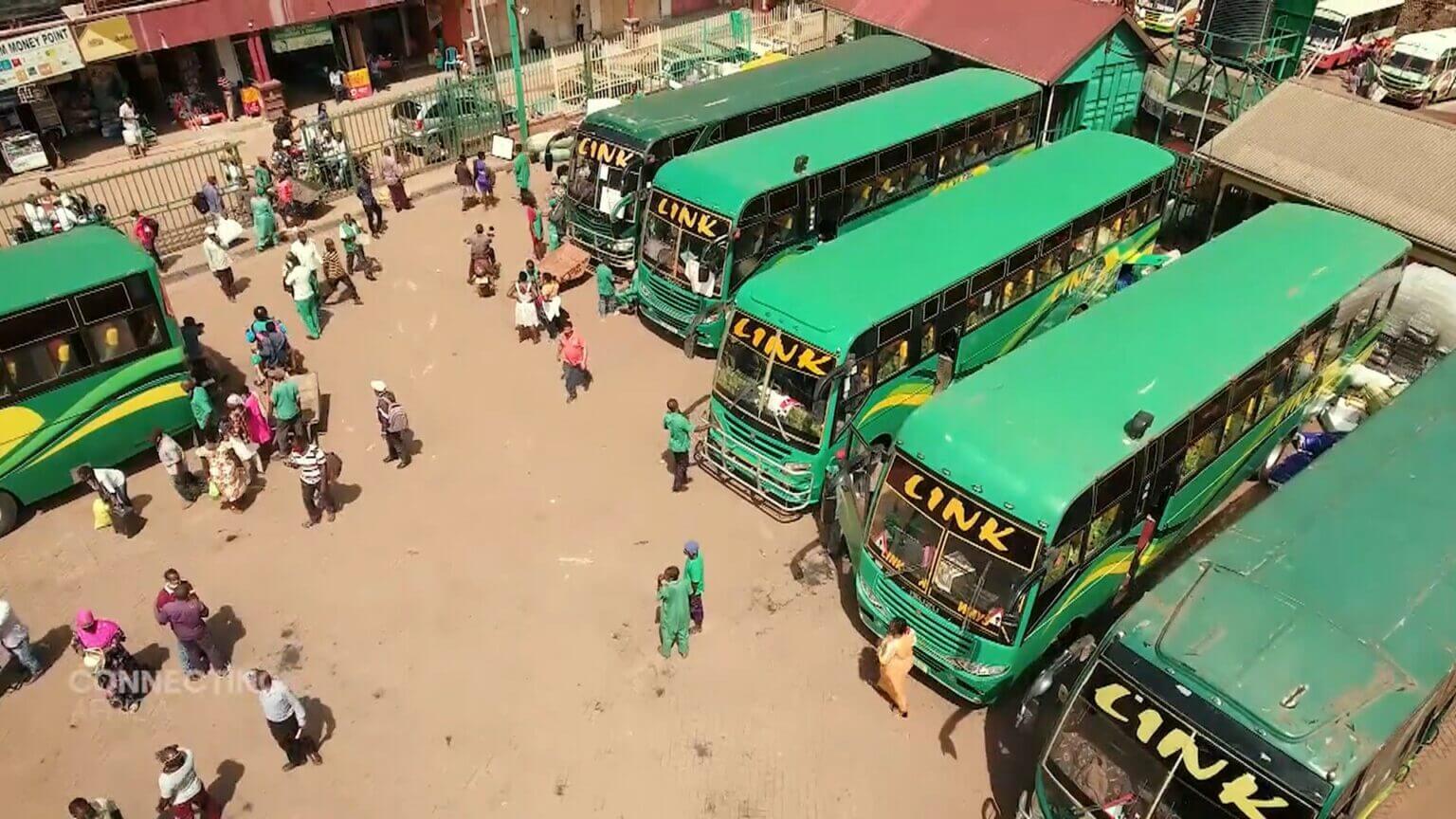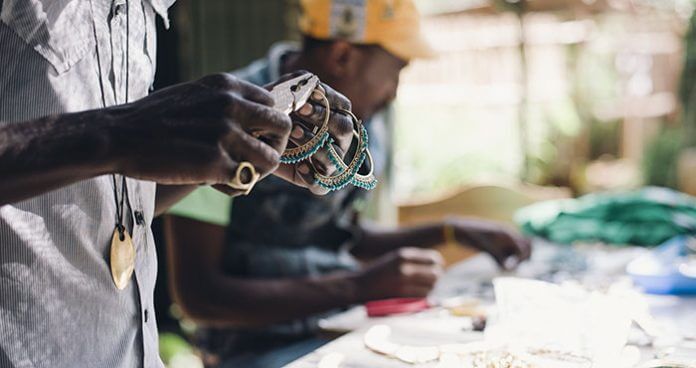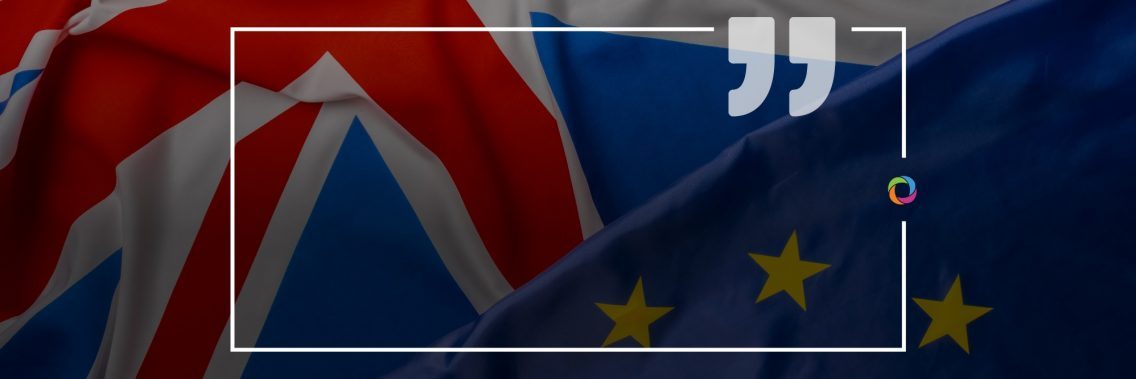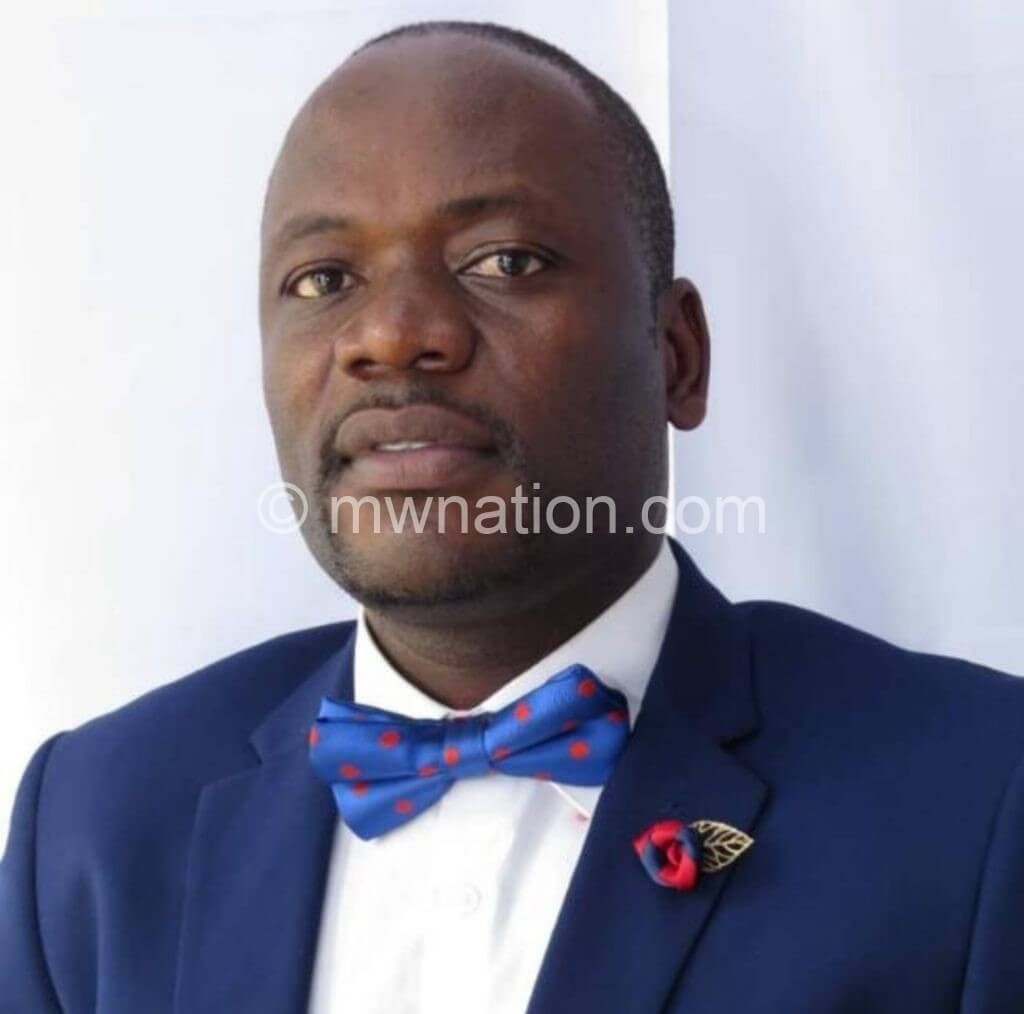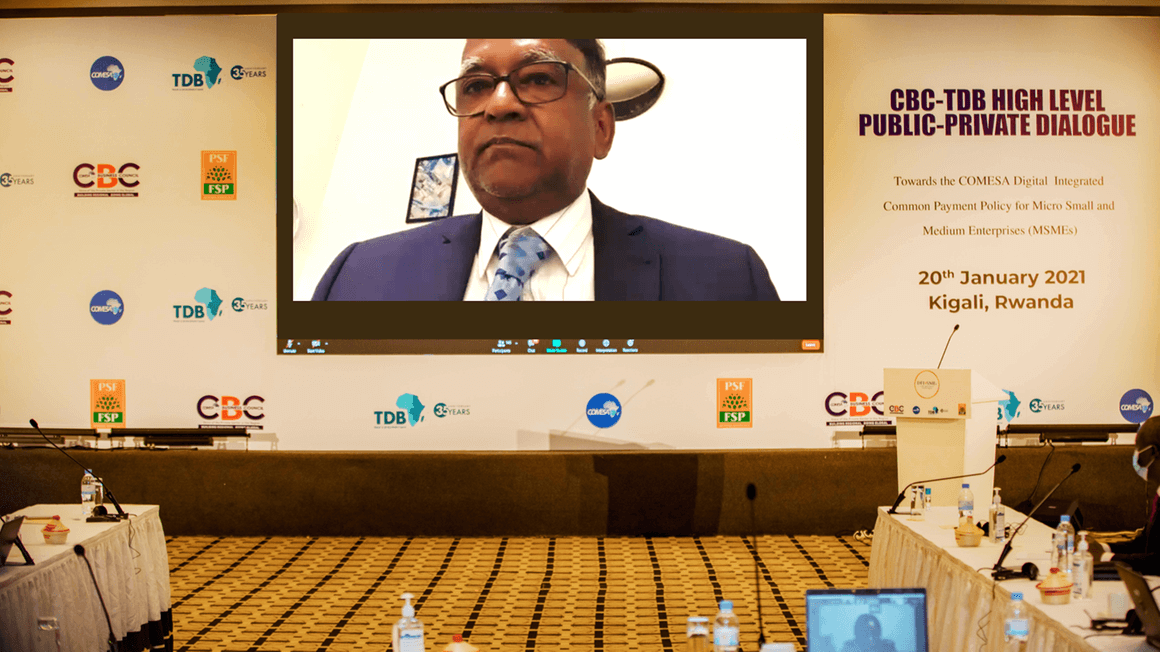Regional economies proved resilient but not yet out of the woods. Nairobi, Friday, 17 February 2021: TradeMark Africa (TMA), in partnership with the UN Economic Commission for Africa (UNECA) and African Economic Research Consortium (AERC), today launched a flagship report titled, "Waving or Drowning? The Impact of the COVID-19 Pandemic on East African Trade". The virtual session of policy makers, researchers, academics, and non-state actors discussed the link between COVID-19 pandemic and trade within the East African region. The report establishes that the EAC economies were resilient against the pandemic, with exports holding up well and the regional trade balance improving due to lower imports. Furthermore, the report notes that although intra-regional trade initially suffered serious disruptions, it quickly recovered, as Partner States ensured the movement of essential goods and adopted measures to minimize disruption on the main transport corridors while still observing the COVID-19 health protocols. The report highlights the recovery in key export sectors. For example, Burundi raw coffee exports increased from an average of Burundia Franc (BIF) 654 in the second quarter to Burundian Franc (BIF) 4500 in the third quarter; while Uganda exports increased by approx. 21 percent between the second and the third quarter, while in Rwanda non-mineral exports increased by 46%. Speaking at the event AERC Executive Director Professor Njuguna Ndungu, said; “The advent of the COVID-19 sent shockwaves into the emerging new sectors, such as tourism, manufacturing and financial intermediation thus compromising the recovery. Several indicators from diverse studies seem to indicate that...
Waving or Drowning? The Impact of the COVID-19 Pandemic on East African Trade
Posted on: February 17, 2021
Posted on: February 17, 2021

